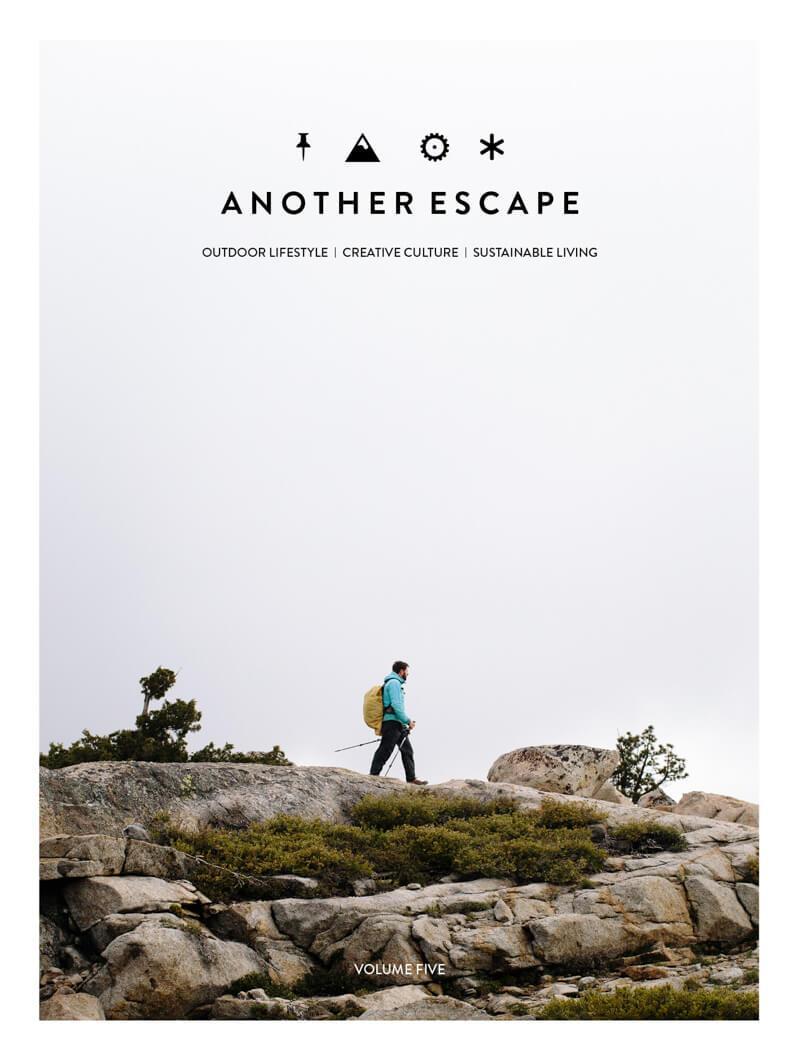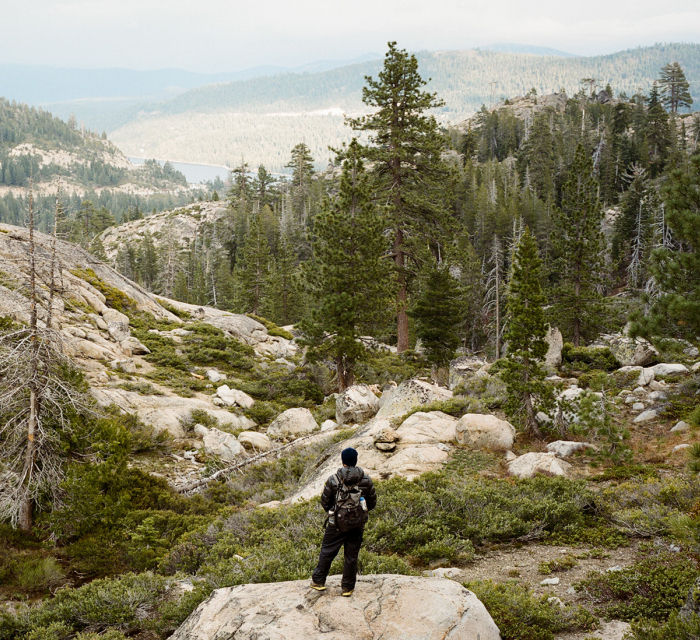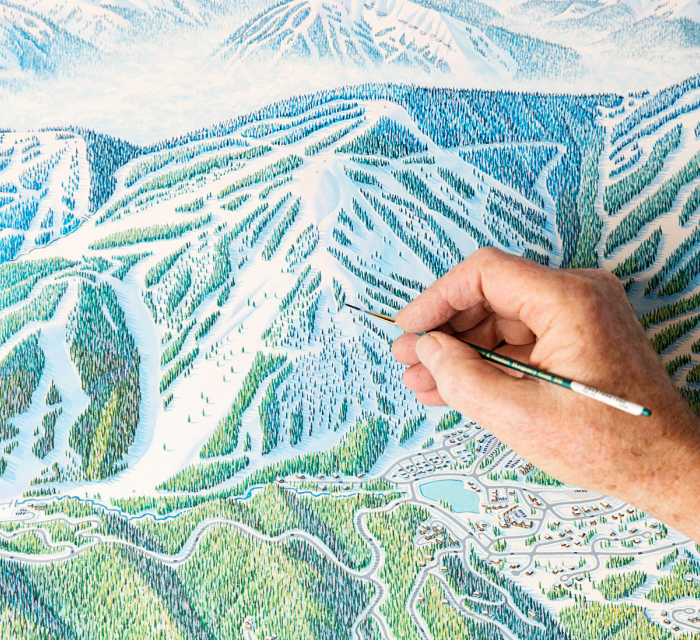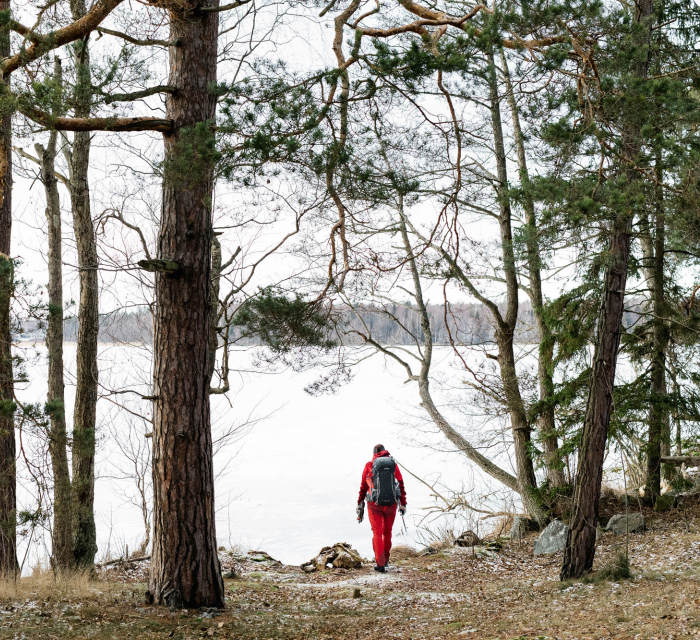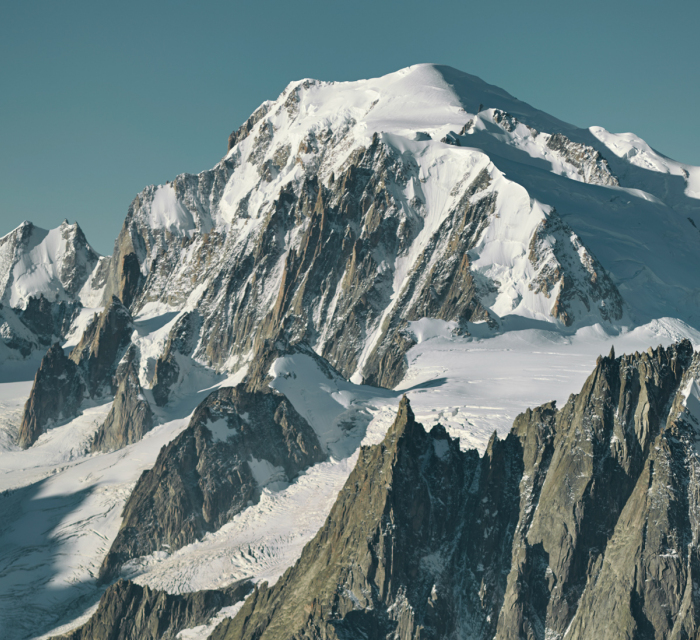Christoph had only intended to stay three years. But 24 years later, he’s still in Romania. “Romania is such a beautiful country that it makes you stay. Many people come here, fall in love and never want to leave again.”
It was in the early 1990s, only a few years after the fall of communism, that the then young German researcher headed out to study wolves in Romania, the country with the highest population of large carnivores in the European Union. Unlike in the vast lands of Alaska, Northern Scandinavia and Siberia, also known for their wolf populations, in Romania people and carnivores live together in close proximity. Yet, at the time, nothing was really known about Romanian wolves or the unique dynamic between us and them.
After setting up the Large Carnivore Project in 1993, Christoph and his small team, including a young Austrian biologist, Barbara Fuerpass, became the first to learn about wolf behaviour in Romania. Over the ten years it ran, the wolf research project evolved into a research, management, ecotourism, and conservation project, which came to encompass all large carnivores found in Romania.





















